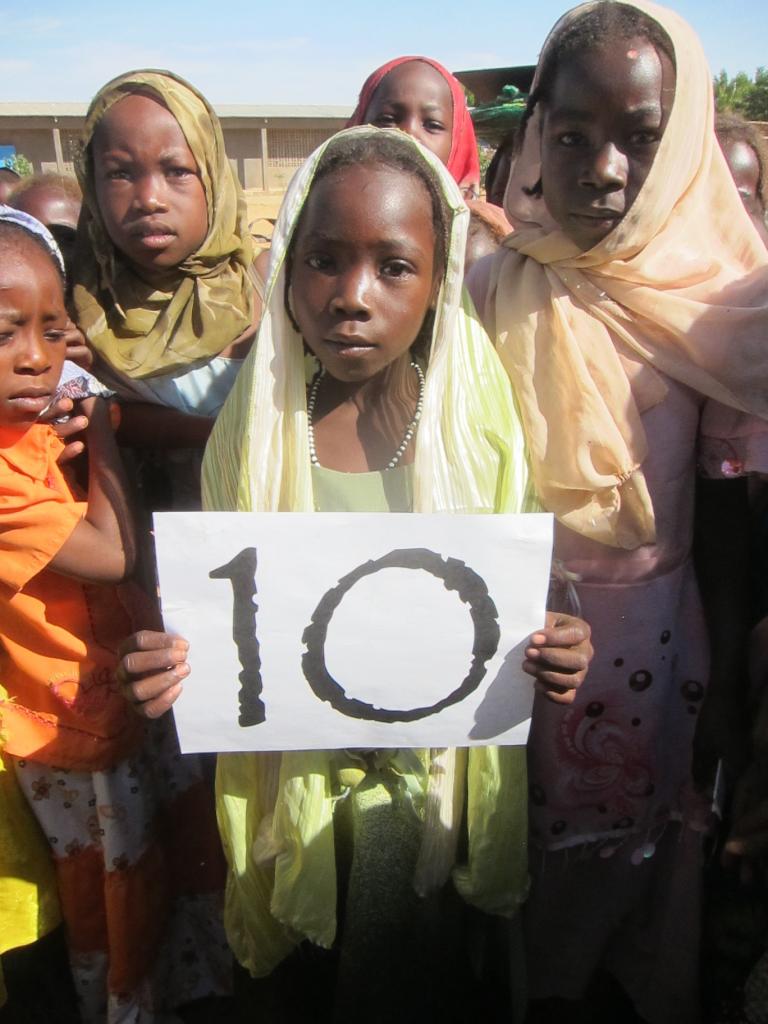Since gaining independence in 1956, Sudan has experienced more years of conflict than peace. These conflicts, fought between the Sudanese government and movements arising within Sudan, are commonly rooted in the exploitative leadership of the Government of Sudan, and the unequal distribution of power and wealth among the Sudanese population. Below is a year-by-year overview of conflict in Darfur.

2003
Conflict sparks between the Government of Sudan (GoS) and rebels in the Darfur region of western Sudan, while peace talks continue between southern rebels (Sudan People’s Liberation Movement- SPLM/A) and the GoS to end the Second Sudanese Civil War, which has ravaged Sudan since 1983.

2004
As the Darfur conflict continues, there is increased international attention toward the humanitarian crisis that is unfolding. The United States characterizes the conflict as genocide and multiple United Nations Security Council resolutions are passed concerning the conflict. The first of a series of failed peace agreements is also signed.

2005
On January 9, 2005, the GoS and the SPLM/A sign the Comprehensive Peace Agreement to end the decades-long Second Sudanese Civil War. As the conflict and unproductive talks between the GoS and Darfuri rebels continue, the United Nations Security Council refers the case of Darfur to the International Criminal Court (ICC).

2006
The ongoing conflict and regular attacks continue to threaten security, even in IDP and refugee camps, and cause civilian displacement. Another round of peace talks begin and result in the Darfur Peace Agreement (DPA), but the agreement is again not signed by all Darfur rebel groups. The UNSC passes 8 resolutions concerning Sudan.

2007
2007 sees increased violence between the GoS and rebel groups, raising international concerns and leading to the expansion of peacekeeping operations within Sudan and in neighboring countries. The UNSC passes 4 resolutions concerning Sudan. The ICC issues its first arrest warrants for crimes committed in Darfur.

2008
Despite UNAMID obtaining official peacekeeping authority, full deployment of the authorized 26,000 troops is slow and attacks continue throughout the region. A coup attempt in Chad brings regional instability. The number of displaced within Darfur reaches an all-time high.

2009
The ICC issues an arrest warrant for President Omar al-Bashir on charges of war crimes and crimes against humanity in Darfur, marking the first time such a charge has been brought on a sitting head of state. 13 international aid groups are expelled from Darfur.

2010
Refugee numbers had remained steady throughout 2009, but the need for continued humanitarian support for Darfuri refugees and Chadian IDPs in eastern Chad remains high throughout 2010. A weak peace accord is signed between the GoS and JEM in March; a larger peace process begins in Doha in late-2010.

2011
The population of Southern Sudan votes overwhelmingly to support secession from Sudan, allowing South Sudan to becoming the world’s newest nation in July. The GoS and a newly-formed rebel coalition sign the Doha Document for Peace in Darfur (DDPD).

2012
As the DDPD is implemented with very limited success, violence in Darfur continues. The proliferation of militias, inter-communal violence, and the army itself remain threats to the civilian population. Conditions in refugee and IDP camps, specifically security for IDPs, have deteriorated.

2013
As the world prepared to mark the ten year anniversary of the commencement of conflict in Darfur, the region experience some of the fiercest fighting it has seen in recent years. In late January, conflict in North Darfur caused the displacement of 100,000 civilians, undermining the delivery of humanitarian aid. A month later, advocacy organizations around the world launched the Darfur10 campaign to refocus international attention on Darfur and Sudan's other conflict-ravaged areas.
For a more detailed timeline, visit the Darfur Dream Team.
The conflict in Darfur began 10 years ago. To commemorate the anniversary—remember the lives lost, acknowledge the continuing struggle of the displaced, and recognize the ongoing effort to establish justice and find peace amid ongoing conflict—Enough and its partners will mark 10 days of activism. Please visit Darfur10.org and share the special site with your friends. Read the rest of the blog posts in this 10-day series.

